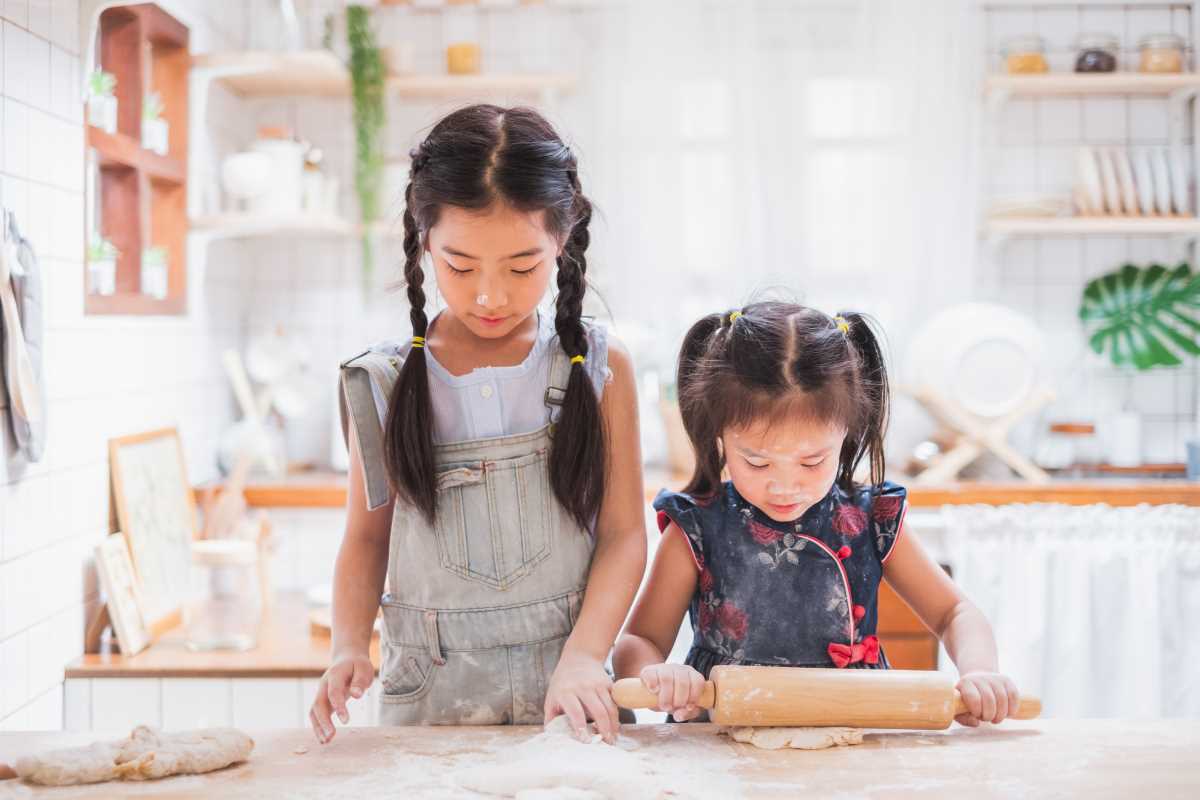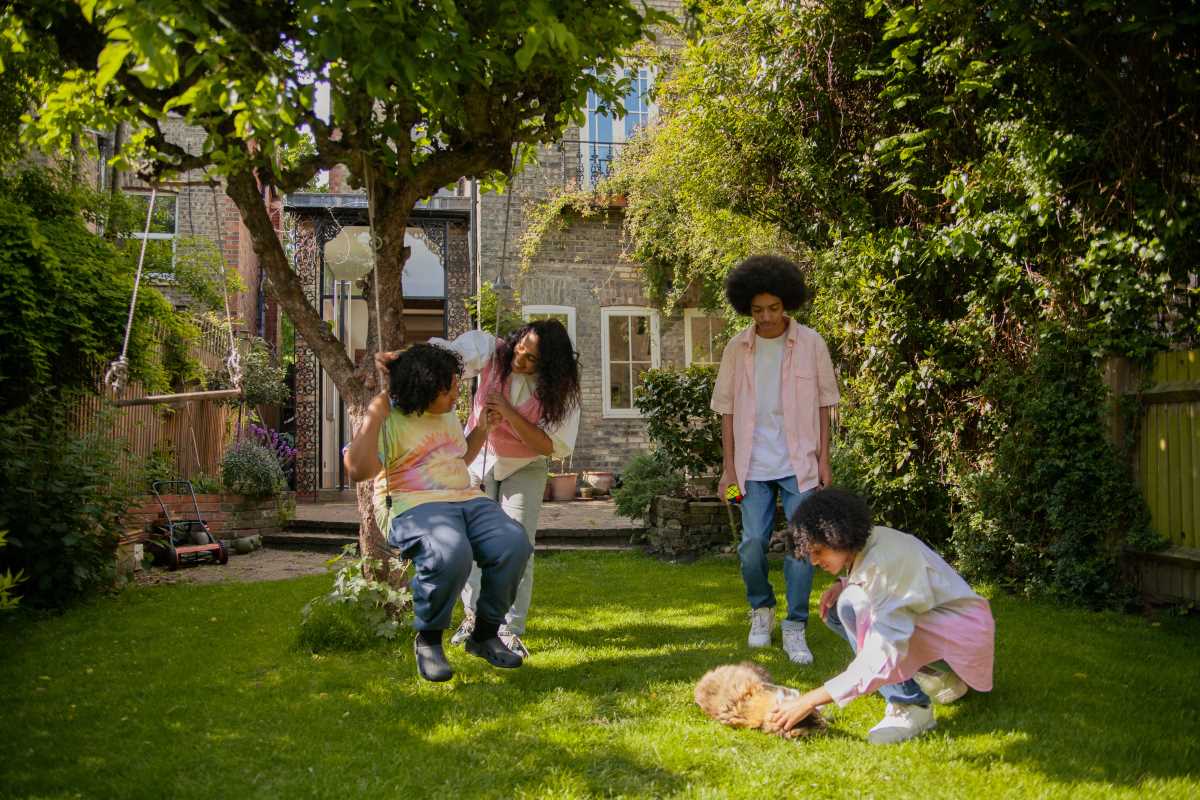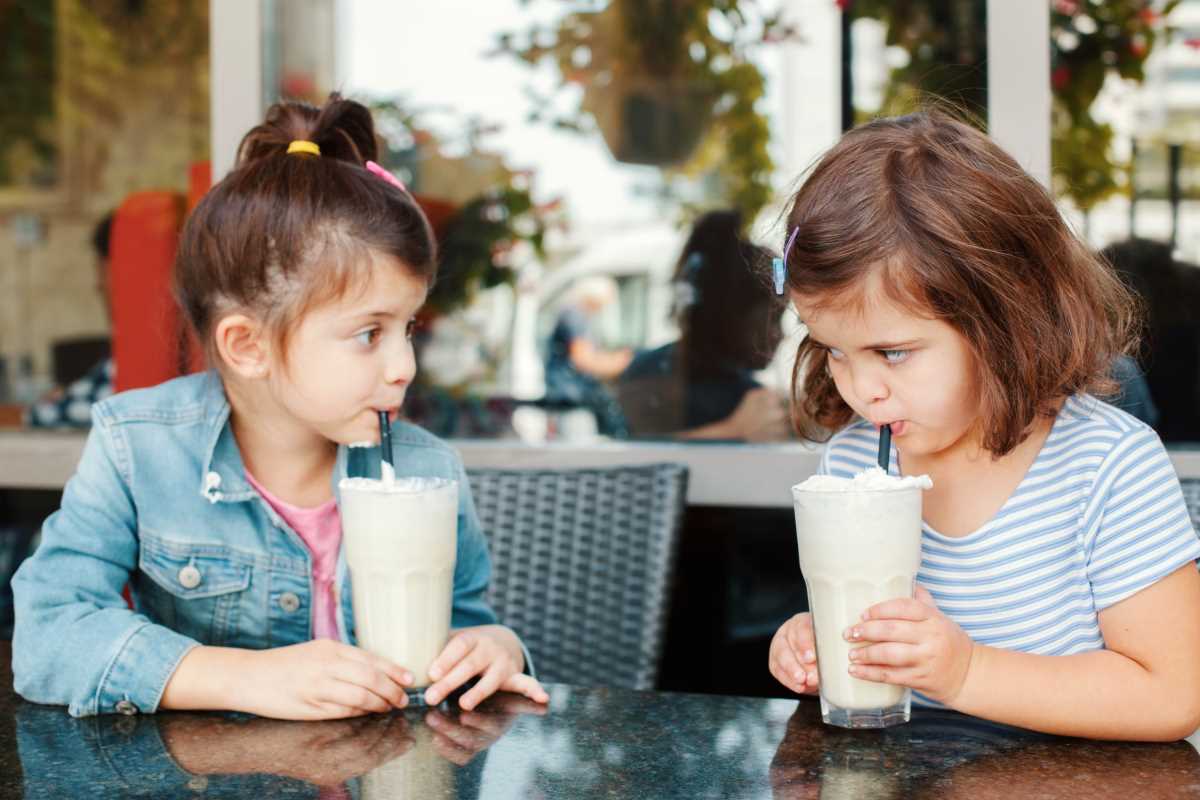Guilt is one of those emotions that sneaks into families without warning and, if left unchecked, has the potential to cause lasting damage to relationships. What seems like a minor feeling of regret or responsibility can quickly grow into tension, miscommunication, and resentment among family members. Whether it's parental guilt, sibling guilt, or guilt stemming from unmet expectations, the weight of this emotion can disrupt the balance of family dynamics. Understanding how guilt operates within families and learning to address it is key to fostering healthier relationships.
How Guilt Manifests in Families
Guilt has many faces, and it doesn’t show up the same way for everyone. Exploring the ways it creeps into family life can help uncover its impact.
- Parental Guilt: Parents often feel guilt about the decisions they make—or fail to make—for their children. This can stem from factors like not spending enough time with their kids, financial limitations, or even choices about discipline. For working parents, guilt about balancing their careers and family responsibilities often looms large. Over time, this guilt can lead to unhealthy attempts to "make up for it," such as overindulging children or setting unrealistic expectations for themselves.
- Sibling Guilt: Siblings also experience guilt, whether it's survivor's guilt when they succeed in areas where another sibling struggles, or guilt from sibling conflict, blame, or a feeling of being the "favored" child. This guilt, if not addressed, can result in strained sibling relationships, jealousy, or even competition.
- Guilt From Unmet Expectations: Families often have high expectations of one another—expecting a child to pursue a certain career, expecting a parent to always know the right decisions, or expecting siblings to act in a specific way. When these expectations aren’t met, feelings of guilt often take hold. The weight of disappointing someone you love can linger, impacting the sense of worth and security within the family structure.
The Emotional and Psychological Impact of Guilt
Guilt isn't a standalone emotion. It comes tied to a mix of other feelings that ripple through familial bonds and change the way individuals interact with one another.
- Communication Breakdown: When guilt takes root, it often silences open, honest conversations. Family members may avoid discussing the source of their guilt out of shame or fear of adding to the tension. This, in turn, creates emotional walls and misinterpretations, resulting in distancing or passive aggression.
- Increase in Unrealistic Expectations: When guilt controls behavior, some family members might push themselves to do more than they realistically can. For instance, a guilty parent may try to be available 24/7, losing their sense of boundaries or self-care. This often leads to burnout, frustration, and resentment—setting the stage for conflict.
- Formation of Resentment and Imbalance: Unresolved guilt has a way of snowballing, especially when paired with unmet expectations. Over time, the person feeling guilt can resent themselves—or worse, begin resenting the family member they feel guilt toward. This erodes trust and creates an emotional imbalance where relationships don’t feel stable.
- Tension and Unhealthy Patterns: Families burdened by lingering guilt tend to create environments filled with tension and unhealthy patterns. A child may begin acting out because they feel guilty about not meeting academic expectations or because of unresolved guilt over family disagreements. Meanwhile, the family as a unit grows distant, unable to create restorative, healthy interactions.
Recognizing Guilt-Driven Behaviors
Understanding the subtle ways guilt influences family behavior is important in addressing the issues. Guilt-driven behaviors may include:
Overcompensation
A family member goes overboard trying to "fix" something to make up for their guilt. For example, a parent who feels guilty for missed time might overspend on material items.
Avoidance
When guilt becomes too heavy to bear, family members might shy away from important discussions or shared experiences, further increasing emotional distance.
Blame-Shift
It’s not uncommon for guilt to turn into deflection. Guilt-ridden family members might push blame onto others to lessen their own feelings of responsibility.
Once you recognize these behaviors, it becomes easier to address the root causes and start moving outward toward healing.
Strategies for Addressing and Overcoming Guilt
The impact of guilt on family dynamics doesn’t have to be permanent. With intentional reflection and action, families can shift away from guilt’s destructive influence and work toward healthier connections.
- Acknowledge and Share Guilt Openly: The first step to overcoming guilt is recognizing it. Encourage honest conversations about feelings of guilt without judgment. For instance, a parent could openly say, “I’ve been feeling guilty about not spending as much time with you. I’m working on ways to improve that.” Transparency lessens the emotional load and builds trust.
- Shift Focus From Perfection to Progress: Replacing guilt-driven perfectionism with progress-focused thinking is vital. Help family members see their value isn’t tied to hitting every mark perfectly—whether that’s raising A-students or always picking the right career. Encourage small changes, personal growth, and forgiveness for mistakes.
- Set Healthy Boundaries: Boundaries allow families to balance their needs without being guilt-driven. For example, a parent learning to place limits on work hours to prioritize family time without overcommitting themselves can create healthier expectations for everyone involved.
- Apologize and Make Amends Meaningfully: When guilt stems from past actions, offer a genuine apology and, when possible, make amends. For example, if a sibling feels guilt for prior arguments, acknowledging the impact can restore trust. Remember, actions often speak louder than words in resolving guilt.
- Seek Professional Guidance if Needed: Family counselors or therapists can provide a safe space to discuss family guilt and its deeper causes. A professional can guide individuals toward healthier coping mechanisms and improve communication within the family unit.
Building Healthier Relationships
Ultimately, guilt doesn’t have to define family relationships. By identifying its presence, communicating openly, and finding constructive ways to heal, families can learn to create loving and supportive environments. Remember, no family is without flaw. The goal isn’t perfection, but connection—understanding one another’s humanity and working together to nurture bonds that can withstand challenges.
 (1).jpg) (Image source: Midjourney)
(Image source: Midjourney) 





